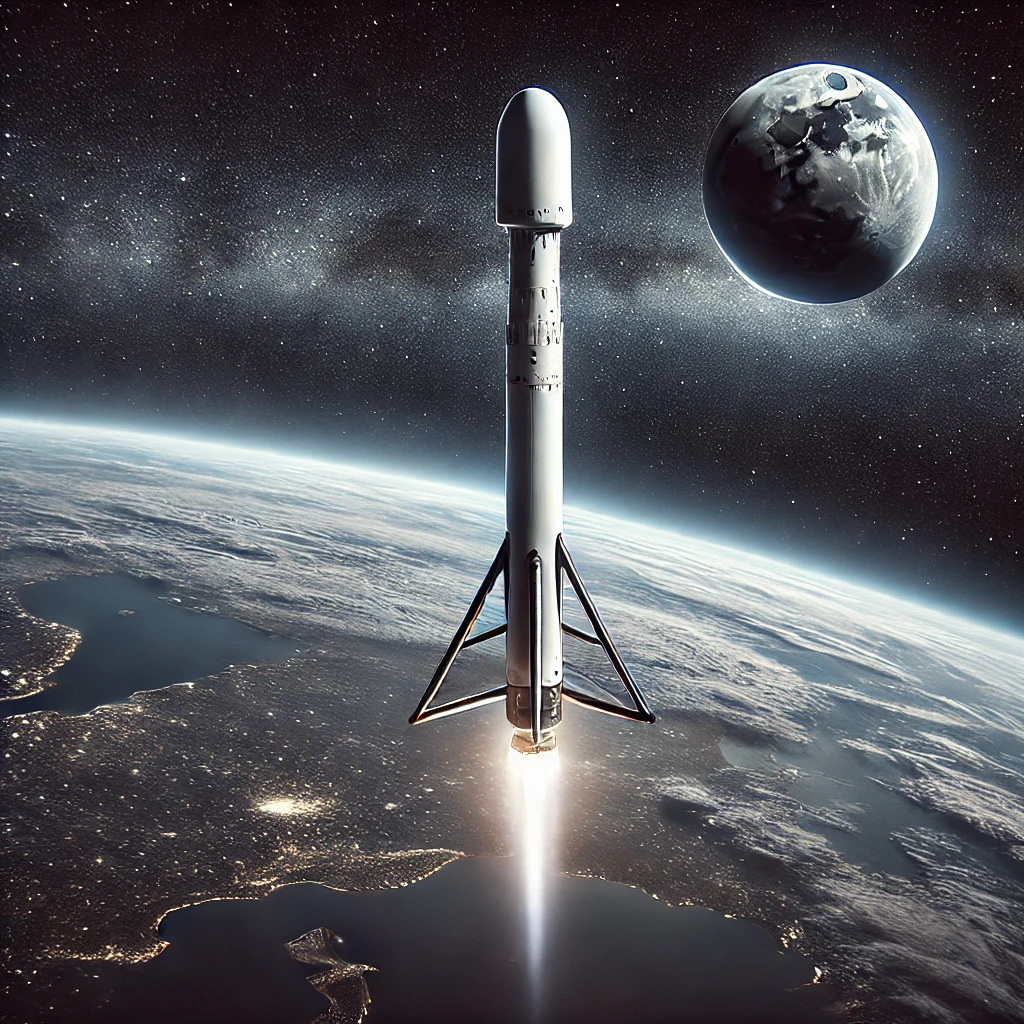On September 28, 2008, SpaceX made history by successfully launching its Falcon 1 rocket, marking a significant milestone in the realm of space exploration. With this achievement, SpaceX became the first privately owned company to send a liquid-fueled rocket into orbit. This groundbreaking event not only showcased the potential of private enterprise in space travel but also paved the way for a new era of commercial spaceflight and innovation.

The Journey to Launch
Founded in 2002 by Elon Musk, SpaceX was established with the ambitious goal of reducing space transportation costs and enabling the colonization of Mars. The development of Falcon 1 was a critical step toward achieving this vision. The rocket, designed to be a small, low-cost launch vehicle, faced numerous challenges throughout its development. Prior to the successful launch, SpaceX experienced multiple failures, which served as learning opportunities that ultimately contributed to the rocket’s success.
The successful launch on September 28, 2008, followed a series of setbacks that tested the resilience and determination of the SpaceX team. The Falcon 1 rocket lifted off from Omelek Island in the Marshall Islands, carrying a demonstration payload. After reaching orbit, the rocket’s achievement marked a historic moment, proving that private companies could compete with government agencies in space exploration.

Significance in Space Exploration
The significance of Falcon 1’s launch cannot be overstated. It represented a paradigm shift in the aerospace industry, demonstrating that private companies could successfully engage in complex and ambitious space missions. This achievement opened the door for increased investment in commercial space ventures, leading to a new era of innovation and competition.
Falcon 1’s success also laid the groundwork for future SpaceX projects, including the development of the Falcon 9 and Falcon Heavy rockets, which would further revolutionize space transportation. The ability to send payloads into orbit at a lower cost made space more accessible for scientific research, satellite deployment, and commercial endeavors. This shift has had lasting effects on the global space industry, encouraging collaboration between government agencies and private companies.
Lasting Impact on the Space Industry
The launch of Falcon 1 had a profound and lasting impact on the space industry. It demonstrated the viability of private space exploration and led to the emergence of numerous commercial space companies. Organizations like Blue Origin, Rocket Lab, and Virgin Galactic followed in SpaceX’s footsteps, working to advance space technology and expand access to orbit. Moreover, the success of Falcon 1 prompted NASA to rethink its approach to space exploration. The agency began to collaborate with private companies through initiatives like the Commercial Crew Program and Commercial Resupply Services. These partnerships have allowed NASA to focus on ambitious projects, such as deep space exploration and the Artemis program, while relying on private companies for transportation to the International Space Station (ISS).

Cultural Reflections and Public Interest
The successful launch of Falcon 1 captured public interest and sparked renewed excitement about space exploration. As SpaceX demonstrated its ability to achieve significant milestones, the narrative around space shifted from government-led initiatives to a more inclusive approach involving private enterprise. The prospect of commercial space travel became a tangible reality, inspiring a new generation of engineers, scientists, and enthusiasts. The cultural impact of Falcon 1’s launch can also be seen in the growing fascination with space exploration in popular media. Documentaries, films, and television shows began to explore the implications of private space travel, further igniting public interest and engagement with space-related topics.
Looking to the Future
The legacy of Falcon 1’s launch extends beyond its immediate success; it has become a symbol of innovation and perseverance in the face of challenges. SpaceX’s achievements have set ambitious goals for the future, including plans for the Starship program, which aims to enable missions to Mars and beyond. The vision of interplanetary travel, once considered the stuff of science fiction, is now a tangible goal on the horizon.
The successful launch of SpaceX’s Falcon 1 on September 28, 2008, was a watershed moment in the history of space exploration. It demonstrated the capabilities of private enterprise in achieving complex space missions and set the stage for a future where commercial spaceflight plays a critical role in humanity’s journey into the cosmos. As we look forward to the next frontier, the impact of Falcon 1 serves as a reminder of the power of innovation and determination in overcoming challenges and expanding our horizons.
